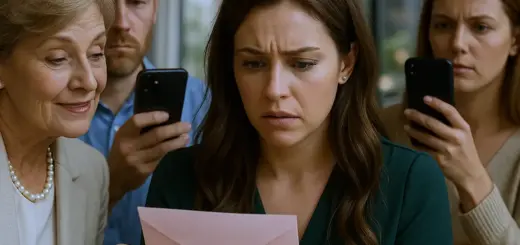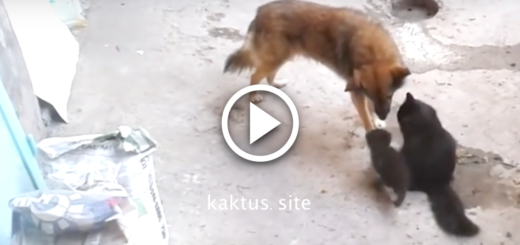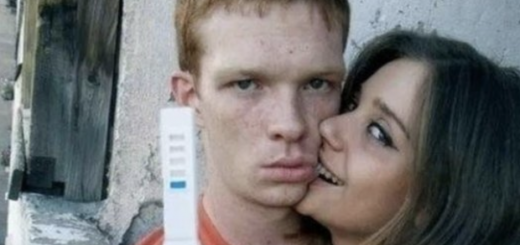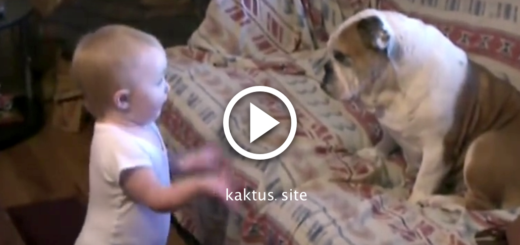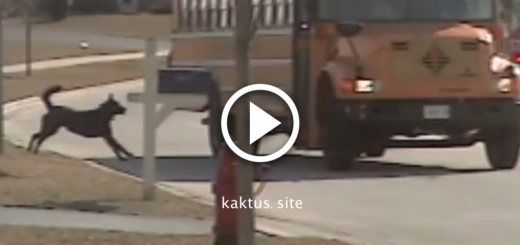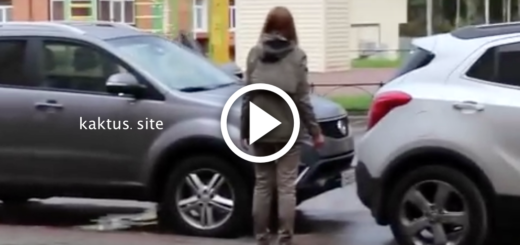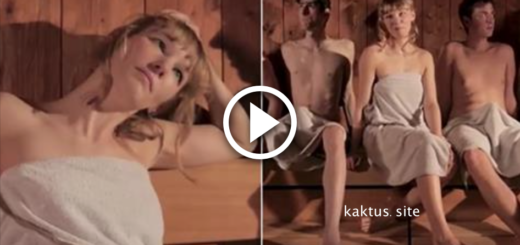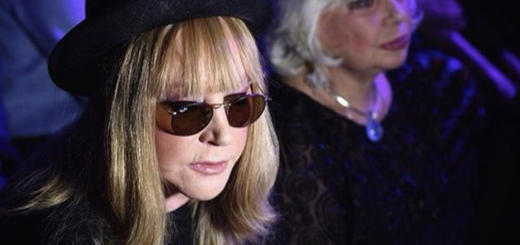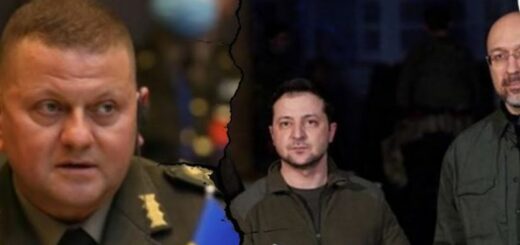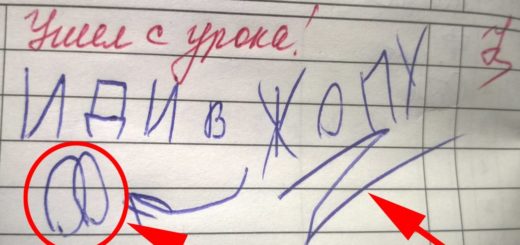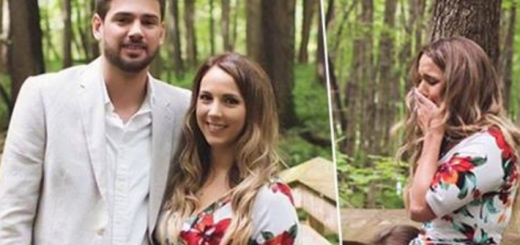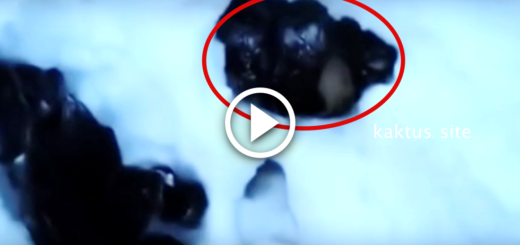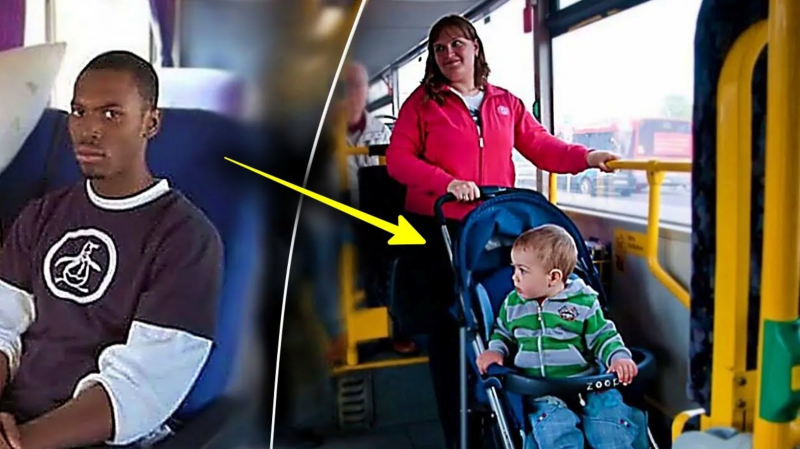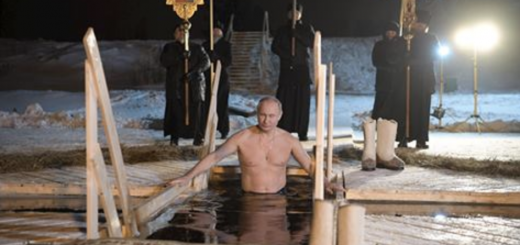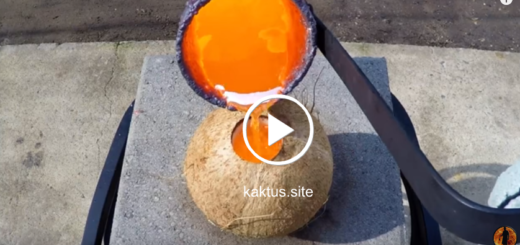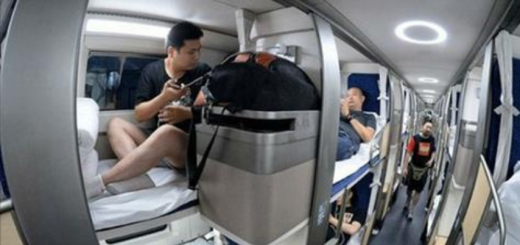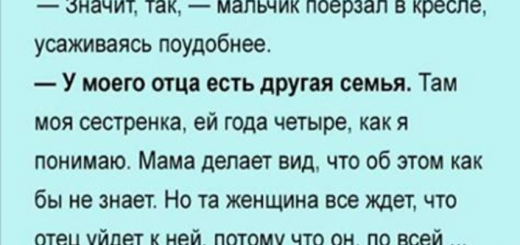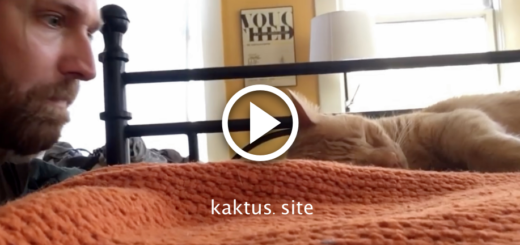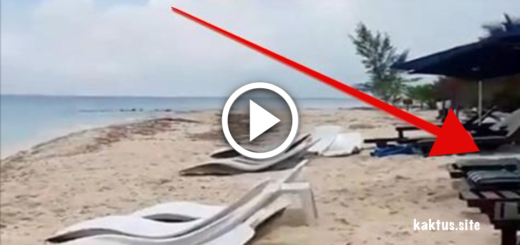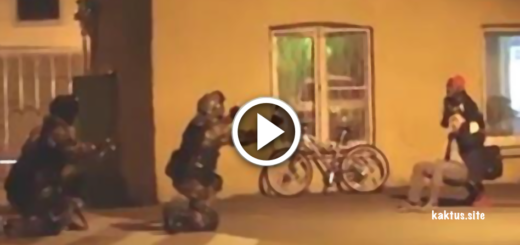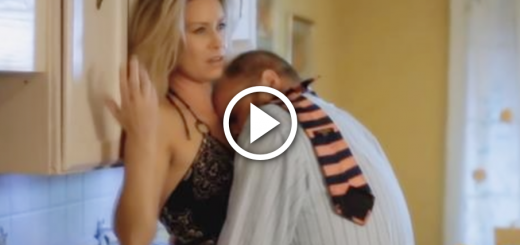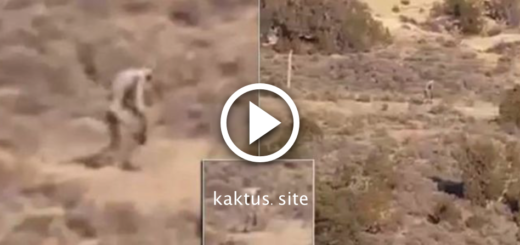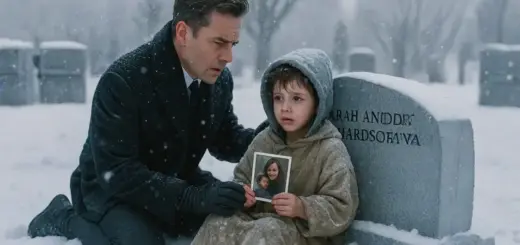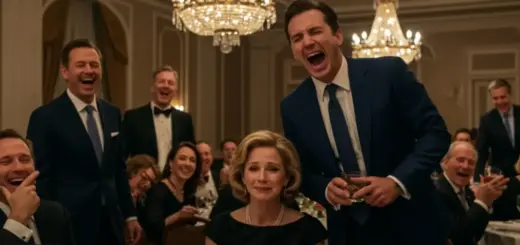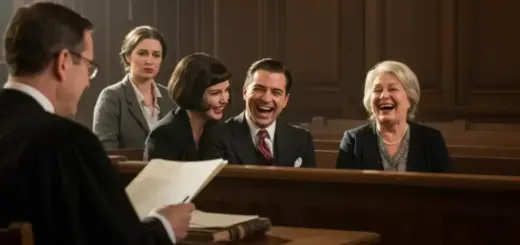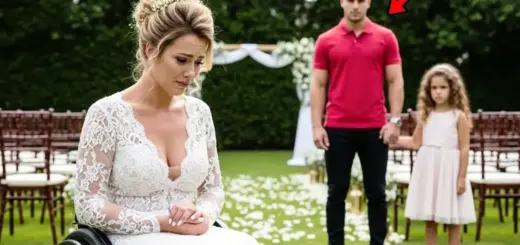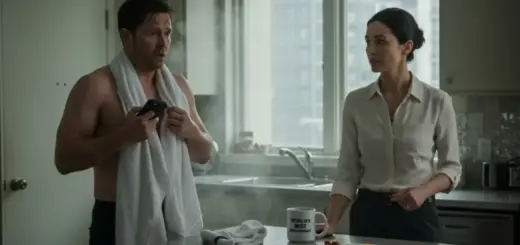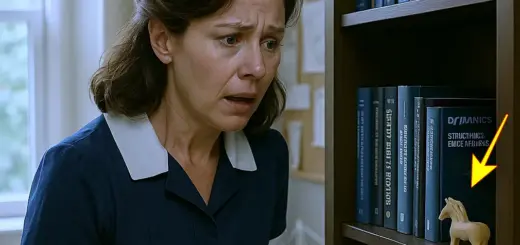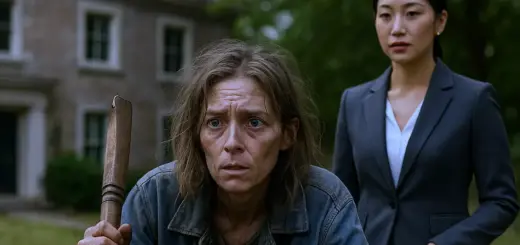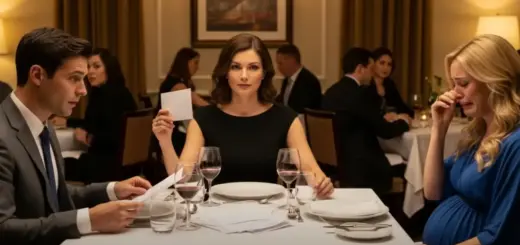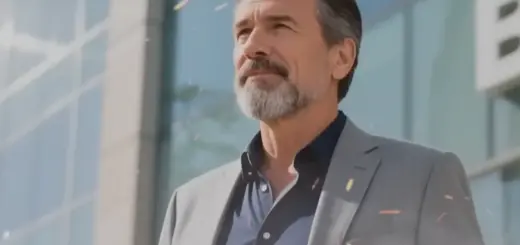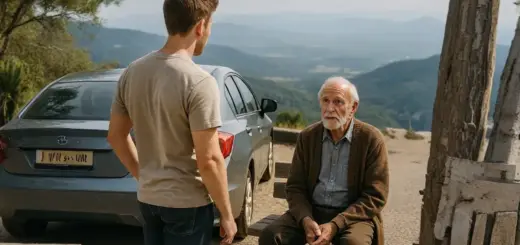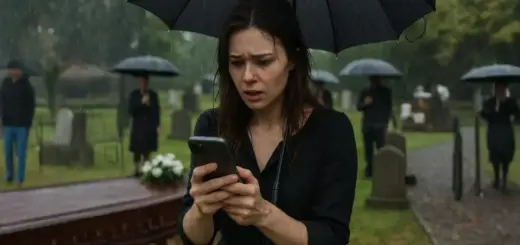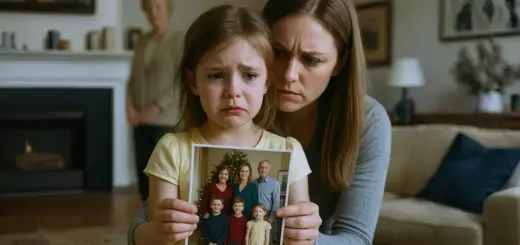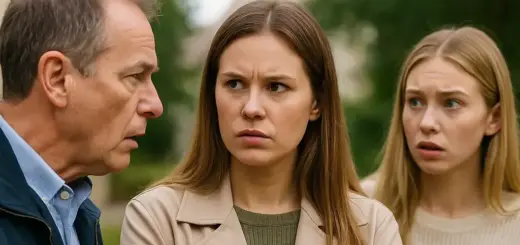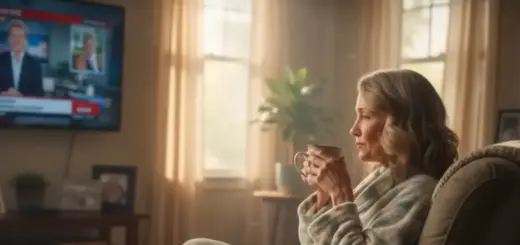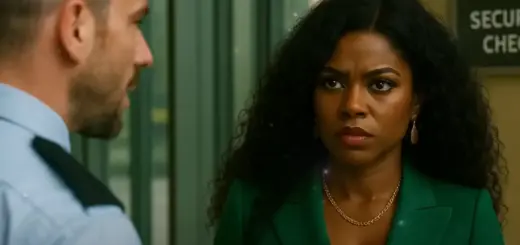The sirens were the first thing Evelyn Carter remembered from that day. They sliced through the crisp October morning, louder than she’d ever heard them before, and in that instant, she knew her world was about to end. Fifteen years had passed since then, but the memory of that day still clung to her like the chill in Vermont’s autumn air.
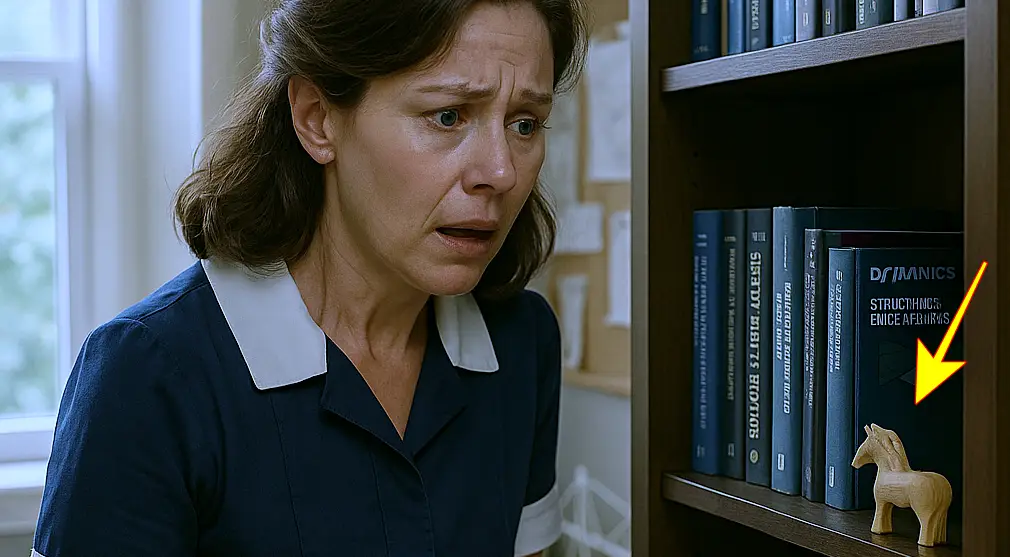
It had begun so normally. Her husband, Mark, had promised seven-year-old Noah they’d go fishing at the small lake just outside Burlington. Noah had been awake before dawn, his little tackle box clutched tight, his excitement spilling into every word.
Evelyn had kissed them both goodbye at the door, watching them walk down the street with their laughter trailing behind. She never imagined it would be the last time she’d see them together. The phone call came an hour later.
A truck had swerved on the slick highway, skidding across the lane and crashing into their car. Mark had been killed instantly. Noah was alive, barely, and being rushed into emergency surgery at Massachusetts Children’s Hospital.
Evelyn’s knees buckled beneath her as the officer spoke. The rest of that day dissolved into a blur of flashing lights, antiseptic halls, and the sound of her own heart pounding in her ears. In the ICU, Noah lay still beneath a tangle of tubes and wires, his skin too pale, his chest rising and falling with the rhythm of the machines.
Evelyn clung to his tiny hand, whispering over and over that mommy was here, that he was safe, that he just needed to wake up. But Noah never opened his eyes again. After forty-eight agonizing hours, the doctors told her what she already feared.
There was no brain activity. Her son, her whole reason for breathing, was gone. Then came a question that shattered what little remained of her strength. A surgeon, his voice gentle but clinical, explained that there was a boy Noah’s age waiting for a heart transplant. Without it, he would die within days. Noah’s heart, they said, was strong. It could save another child’s life.
Evelyn stared at them, numb. How could they ask her to make that decision when her world had just collapsed? The night that followed was endless. She sat beside Noah’s bed, fingers tracing the soft curls at his temple, replaying every laugh, every scraped knee, every bedtime story. How could a life so bright be reduced to this?
As dawn crept through the hospital windows, Evelyn finally understood. Noah’s story didn’t have to end here. Even if she would never again hear his laugh echo through their tiny apartment, a part of him could still live on, beating inside another chest, carrying his light forward.
Her voice trembled when she signed the papers. «Please,» she whispered to the doctor, «make sure it goes to someone who will live a full, beautiful life.»
The hours that followed were the most excruciating of her existence. Evelyn held Noah close one last time, pressing her forehead to his and breathing in the faint scent of soap and sunshine that still lingered on his skin. «You’re not leaving me,» she murmured through tears. «You’re just going somewhere I can’t follow. Keep living, my love. Even if you’re not here, keep living.»
When the surgical team wheeled him away, the silence that followed was unbearable. The walls seemed to close in, the hospital lights too bright, the world too cruel. Evelyn stumbled out into the cold October morning, clutching the small wooden horse she’d carved for Noah on his fifth birthday, the toy he had refused to go anywhere without. It was all she had left.
Fifteen years later, that day still haunted her. It was the moment her life split into before and after. Before, she had a husband, a son, a future filled with birthday cakes and fishing trips. After, she had a disability check that barely covered the rent, odd cleaning jobs that left her aching, and a one-bedroom apartment crammed with memories she couldn’t bear to throw away. But she carried on, not because she was strong, but because somewhere out there, Noah’s heart was still beating. And that heartbeat was the only thing that kept hers going, too.
Fifteen years had passed, yet for Evelyn Carter, time had not healed anything. It had only deepened the silence. The apartment she had once shared with her husband and son now felt like a mausoleum. Every creak of the floorboards, every dent on the kitchen table was a relic of a life that no longer existed.
She never remarried. She couldn’t. The idea of starting over with someone else felt like a betrayal to the boy whose heart still beat somewhere out there. So she withdrew instead, closing herself off from the world. Friends stopped calling. The neighbors barely remembered her name. Evelyn existed in the shadow of who she once was, moving through each day as if it were another weight to carry rather than a life to be lived.
Her days settled into a quiet, predictable rhythm. Each morning, she woke before sunrise and made tea in the same chipped mug Noah had painted in kindergarten. She walked to the corner store for discounted groceries, then returned to her one-bedroom apartment, where faded photographs lined the walls like silent witnesses. In the evenings, she sat by the window and watched the lights flicker on across Burlington, wondering if any of those homes held the boy who now carried her son’s heart.
But grief was not the only thing pressing down on her. The disability checks she received each month barely covered the rent, and the small cleaning jobs she picked up around the neighborhood paid just enough to keep the lights on. Some months she had to choose between groceries and medication. And now, a letter taped to her door threatened the fragile balance she had managed to hold together—a notice from her landlord warning of eviction if she didn’t catch up on the rent she owed.
Evelyn stared at the paper for a long time, her hands trembling. Fifteen years ago, she had lost everything that mattered. Now, she was about to lose the little that remained. She spent that night sitting awake in the dark, staring at the wooden horse perched on the shelf, Noah’s toy, her most precious possession. She whispered to it like she used to whisper to her son. «I don’t know how much longer I can do this.»
Two weeks later, an unexpected opportunity arrived like a crack of light through a closed door. A woman from a cleaning agency called to offer her a position—part-time housekeeping for a wealthy family in the Boston suburbs, the Hargroves. The pay was far better than anything she’d earned in years, and it included transportation.
Evelyn hesitated. She had spent so long hiding from the world, and the thought of entering the home of strangers—especially people whose lives had likely never brushed against tragedy—filled her with dread. But eviction was no longer a distant threat. It was at her doorstep. She didn’t have the luxury of pride.
Three days later, she found herself on a train heading south. The ride to Boston felt like traveling to another planet. Burlington’s modest streets and peeling porches faded into the distance, replaced by sprawling estates, manicured lawns, and wrought iron gates. Evelyn pressed her forehead against the glass and tried not to think about how small she must look to people who lived like this.
When the taxi dropped her off at the Hargrove estate, Evelyn stood frozen at the edge of the driveway. The mansion loomed above her—pale stone walls, arched windows, ivy crawling up the sides like nature trying to claim what wealth had built. The gardens were sculpted with mathematical precision, and the air smelled faintly of roses and old money.
She clutched her worn canvas bag tighter and took a shaky breath. This world was not meant for her. She was a woman who had once walked hospital corridors barefoot because she’d forgotten to put on shoes after her son’s death. She was someone who’d cried into second-hand pillowcases and measured time by anniversaries of loss. And yet here she was, about to step into a life that had never known that kind of pain.

